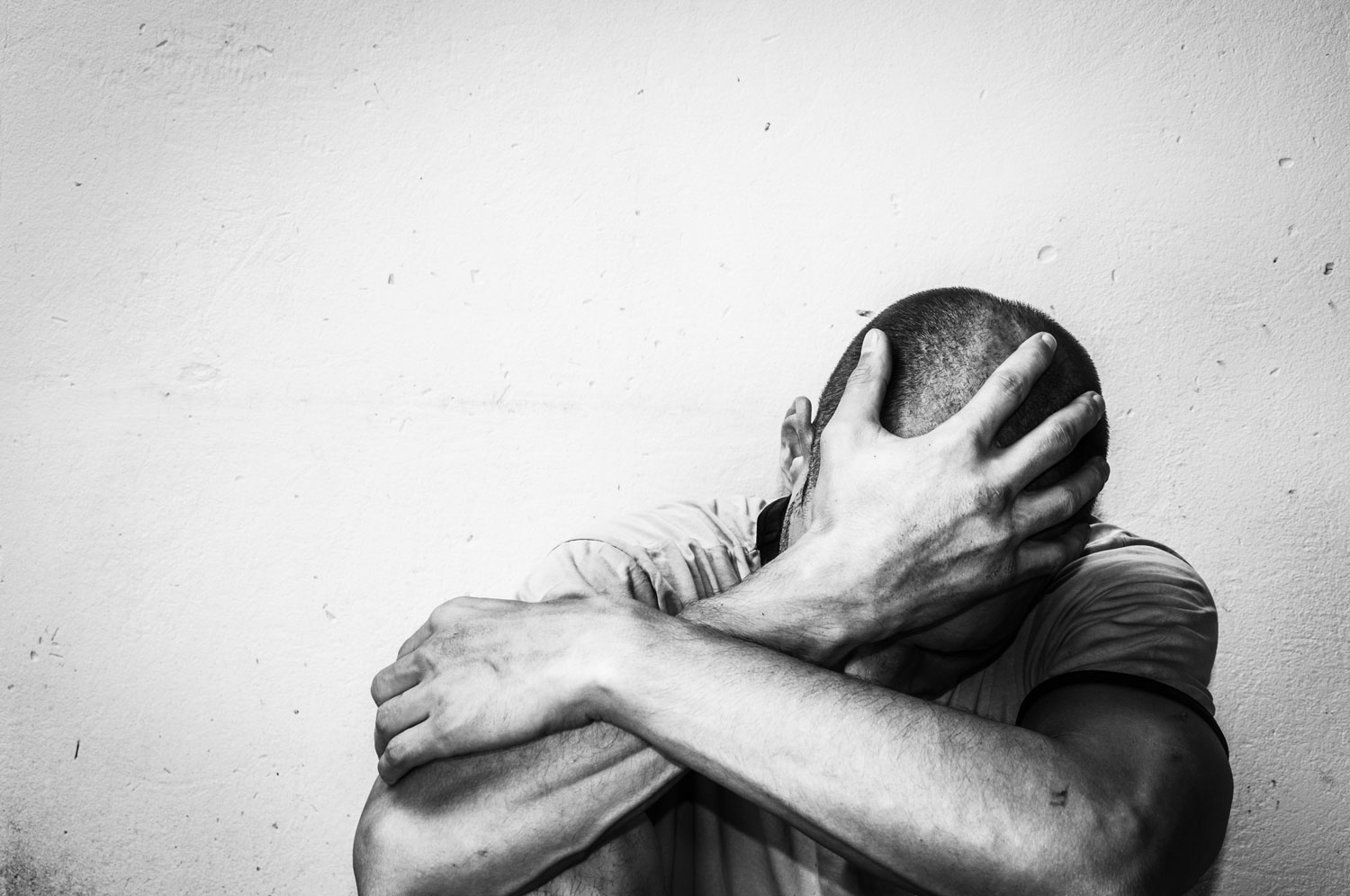THERAPIES
Individual Therapy for Addiction
Treatment for alcohol or drug addiction involves an integrated treatment plan with a range of different therapies. Individual therapy is a key part of most treatment plans or aftercare programs to address the underlying issues related to addiction in a one-on-one, confidential setting and to help people develop skills to cope with long-lasting recovery.[1]
What Is Individual Therapy?
Individual therapy, sometimes called psychotherapy or talk therapy, is a process that involves a person working one-on-one with a trained mental health professional in a compassionate and confidential environment. This safe space allows people to explore their feelings, beliefs, and behaviors related to challenging situations like substance abuse or mental health conditions.[2]
Individual Therapy for Substance Abuse and Addiction
Individual therapy is an effective component of a treatment plan for a substance use disorder. The goal of individual therapy is to help people find the root of their addiction, develop skills to navigate a life without drugs or alcohol, and learn relapse prevention.
Several different methods and techniques may be used in individual therapy, including cognitive behavioral therapy (CBT) and motivational interviewing (MI).[3]
Could you or someone you know need Individual Therapy?
Reach out today.
Substance Abuse Individual Therapy Activities
Various activities may be used during individual therapy for substance abuse depending on your unique goals and challenges. Some of these may include:

Assessment and Goal Setting
The initial sessions of individual therapy involve a thorough assessment of the individual’s substance use history, mental health, and personal background. Therapy sessions are client-led with the therapist working with you to set specific and achievable goals for your recovery journey.

Identifying Triggers and Coping Strategies
Individual therapy helps you identify triggers that lead to substance use and develop coping strategies to manage cravings and high-risk situations. This could include stress management techniques and learning how to avoid triggers.

Motivational Interviewing (MI)
MI is a counseling style that helps you explore ambivalence about change and find motivation to overcome substance abuse.[5] This involves reflective listening, open-ended questions, and empathy to elicit self-motivating statements.

Relapse Prevention
Relapse prevention is an important part of individual therapy for addiction. Individual therapy often involves relapse prevention plans that outline strategies to maintain sobriety and navigate potential challenges, including identifying triggers and creating action plans to address them.

Emotional Regulation
Substance abuse often occurs when people self-medicate for emotional distress. Individual therapy helps you develop better ways to regulate emotions, address underlying emotional issues, and manage stress without resorting to substance use.

CBT
CBT is a widely used therapeutic approach that focuses on helping you identify and change negative thought patterns and behaviors associated with substance use.[4] Your therapist will work with you to challenge irrational beliefs and develop healthier ways of thinking and responding to stressors.
How (and Why) Substance Abuse Therapy Works
Individual therapy is typically client-driven with specific goals determined by you and your therapist. Sessions typically last between 45 and 50 minutes, but the time can vary. The number of sessions and timeframe are determined by your treatment goals.
With addiction, individual therapy seeks to understand the underlying causes of substance use. Drugs and alcohol may be used to self-medicate or handle difficult situations and emotions, all of which can be explored during a therapy session. When these emotions are addressed in a healthier way, it helps people overcome their addiction and adapt to life without substances.
Several different types of therapies may be used in individual sessions, but they often include psychoanalysis and CBT. With psychoanalysis, the goal of therapy is to address inner conflicts, personal defenses, and emotions through guided questions.
CBT focuses on thought patterns and behaviors that can lead to undesirable behaviors, such as drug or alcohol use. Once those patterns and behaviors are identified, they can be replaced with healthier and more positive thoughts for a healthier path forward.
Research shows that individual therapy results in fewer relapses for conditions like substance use disorder and mental health conditions like depression and anxiety.[7] Though the treatment itself may be short, the topics covered and skills gained in therapy support long-term success.

What’s the Best Way to Find Counseling for Addiction?
Individual therapy is just part of a comprehensive treatment plan for addiction. Both inpatient and outpatient treatment may include individual therapy with other interventions like group therapy, peer support groups, and behavioral therapies. You can find a treatment center through the Substance Abuse and Mental Health Services Administration (SAMHSA) or by calling a drug addiction helpline.
If you’re ready to take the next step today, call our confidential helpline 888-365-3332 at Paramount Wellness Retreat to learn more about our treatment programs.

What We Treat with Individual Therapy
Cost of Substance Abuse Counseling
Individual therapy can vary in costs according to many factors. However, when it’s used as part of a formal addiction treatment plan, it may be covered by insurance. Contact us today to find out if your insurance is an in-network provider.
Benefits of Counseling for Alcohol Abuse and Drug Addiction
Treating physical drug or alcohol addiction is only one part of the process. You must also address the emotional or psychological aspects of substance abuse and addiction to support long-term recovery.
Here are some benefits of counseling for alcohol abuse and drug addiction:

Confidentiality
The information shared during treatment sessions is completely private. This provides an opportunity to dive deep and share thoughts, emotions, or behaviors that cause fear, shame, guilt, or other emotions in a safe and nonjudgmental space, knowing that it will stay between you and your therapist.
Individual Attention
Individual therapy includes one-on-one sessions with a therapist. While group therapy can be a beneficial part of a treatment plan, individual therapy makes you the entire focus of the session without having to share time with others.
Customization
People in therapy have different needs. Individuals who can handle more focused interventions may benefit from a faster therapy pace, while others may need time to address their concerns and issues at a lower intensity.
Identifying Triggers
Alcohol and drug abuse often occurs because of underlying causes. Individual therapy helps you understand what factors contribute to your substance abuse issues, and more importantly, how to cope with and overcome them to ensure abstinence long after you leave a treatment facility.
Improving Communication
After self-isolating with addiction, some people lose social graces or struggle to adequately communicate their thoughts and emotions – particularly with addiction itself. Talking is a big part of therapy, and individual counseling provides support and guidance to develop and improve communication skills.[6]
We’re Glad You’re Here! Take The First Step In Recovery Today.
We’re eager to meet you and help you succeed in your recovery journey. Contact us today to start now.